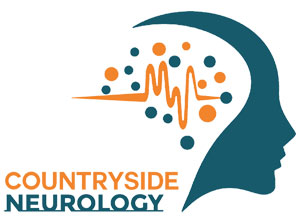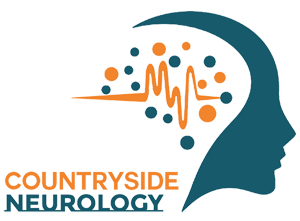As we age, it’s crucial to pay attention to any changes in our bodies, including our brain health. Early detection and intervention can make a significant difference in the management and treatment of neurological disorders. In this article, we will explore common early warning signs of neurological disorders and emphasize the importance of seeking medical attention promptly. Remember, early diagnosis leads to better outcomes and improved quality of life.
- Memory Loss and Cognitive Decline: Memory loss, particularly when it affects daily life and disrupts routine tasks, can be an early indicator of conditions like Alzheimer’s disease or other forms of dementia. Other cognitive changes may include difficulty with problem-solving, confusion with time or place, or challenges in expressing thoughts and following conversations. If you or a loved one notice these symptoms, it’s essential to consult a neurologist for a comprehensive evaluation.
- Movement and Coordination Issues: Changes in movement and coordination can be indicative of various neurological disorders. For instance, tremors, stiffness, or slowness of movement may suggest Parkinson’s disease. Additionally, unexplained muscle weakness, difficulty with balance, or frequent falls could be signs of conditions like multiple sclerosis or a stroke. If you experience any of these symptoms, don’t hesitate to seek medical advice.
- Persistent Headaches and Migraines: While occasional headaches are common, persistent or severe headaches can sometimes be a symptom of an underlying neurological condition. Chronic migraines, for example, can significantly impact daily life and may require specialized treatment. If you find yourself experiencing frequent or debilitating headaches, it’s essential to consult with a neurologist who can help identify the cause and provide appropriate management strategies.
- Vision and Hearing Changes: Sudden or gradual changes in vision or hearing should not be ignored, as they can be related to neurological disorders. Blurred or double vision, blind spots, difficulty focusing, or unexplained eye pain may indicate conditions such as optic neuritis or optic nerve damage. Similarly, unexplained hearing loss, ringing in the ears (tinnitus), or problems with balance may warrant further investigation from a neurologist.
- Mood and Behavioral Shifts: Neurological disorders can also impact mood and behavior. Depression, anxiety, sudden mood swings, or uncharacteristic irritability might be early signs of conditions like depression, anxiety disorders, or even certain brain tumors. If you or someone you know experiences persistent changes in mood or behavior, it’s essential to consult a neurologist to determine the underlying cause.
Being aware of the early warning signs of neurological disorders is crucial for timely diagnosis and intervention. If you or a loved one experience any of the symptoms mentioned in this article, it’s important not to dismiss them as mere aging or stress-related issues. Schedule an appointment with Countryside Neurology for a comprehensive evaluation, accurate diagnosis, and access to appropriate treatment options. Remember, early detection and intervention can greatly improve outcomes and contribute to a higher quality of life for individuals affected by neurological disorders.
Contact our office at 727-712-1567.
Sources:
ChatGPT




